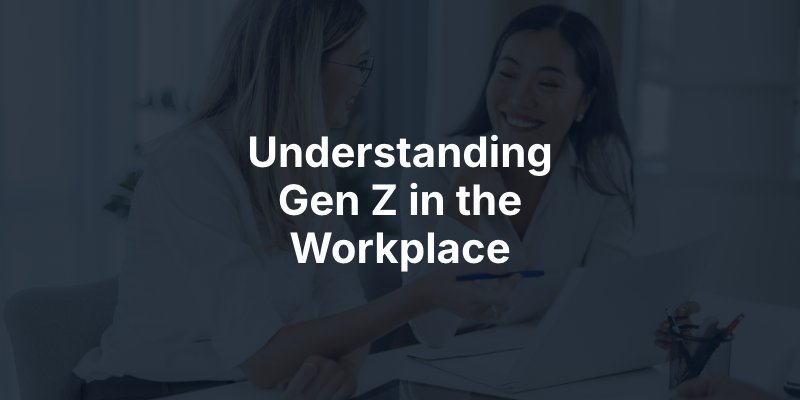Gen Z is reshaping the workplace with new ideas, energy, and demands. Employers who understand and respond to Gen Z’s values will not only attract top young talent but also create more agile, inclusive, and forward-thinking organizations. Our legal team at Aegis Law explores these differences below.

Born roughly between 1997 and 2012, Gen Z grew up with smartphones, social media, and instant access to information. They experienced major events like the Great Recession, political shifts, and the COVID-19 pandemic during their formative years. These experiences have made them resourceful, pragmatic, and socially aware.
Gen Z values authenticity, diversity, mental health, and flexibility. They seek meaning in their work and want employers to align with their personal values. Unlike earlier generations, they do not separate their work life and personal identity as sharply.
Gen Z employees expect more than a paycheck. They prioritize:
Employers must rethink traditional strategies to engage Gen Z effectively. Successful approaches include:
Regular updates, honest feedback, and clear expectations foster trust.
Real commitment to building diverse, equitable workplaces. Gen Z can quickly spot when companies make superficial gestures rather than meaningful changes. They are not afraid to call out discrimination, whether it’s related to gender, sexual orientation, or something else.
Investment in training, mentorship programs, and skill-building resources.
Respect for boundaries, supporting personal time, and avoiding a culture of constant availability.
Acknowledgment for contributions and opportunities to take ownership of projects early in their careers.
Employers may face several challenges when integrating Gen Z into the workplace. Gen Z expects rapid feedback, flexibility, and career growth, which can clash with traditional corporate structures that move more slowly. Their strong desire for transparency and social responsibility may pressure companies to rethink policies, marketing, and leadership practices.
Gen Z’s preference for remote work and digital communication can sometimes weaken in-person collaboration and relationship-building skills. Employers may also find that Gen Z values personal well-being over traditional notions of loyalty, making long-term retention harder.
Many people label Gen Z as difficult to work with because their expectations often challenge traditional workplace norms.
Gen Z demands transparency, quick feedback, career growth, and strong support for mental health, which some employers see as high-maintenance or unrealistic. They question authority more openly, expect flexible schedules, and prioritize personal values over company loyalty. Their heavy use of digital communication can also create misunderstandings with older colleagues who prefer face-to-face interaction.
However, this perception often reflects a gap between old practices and new expectations rather than actual difficulty.